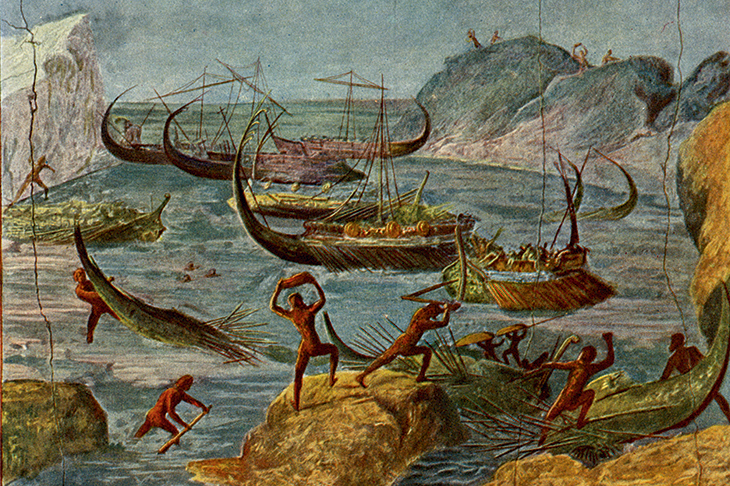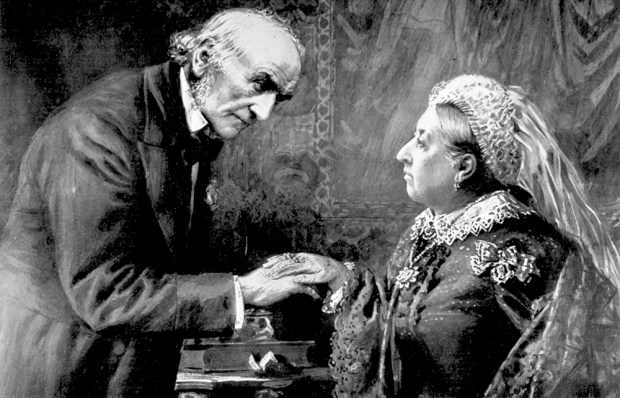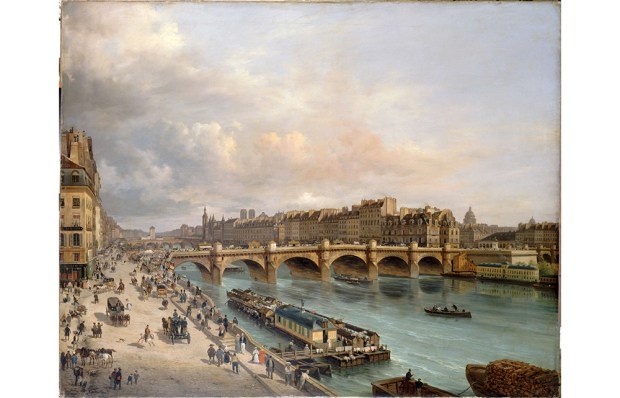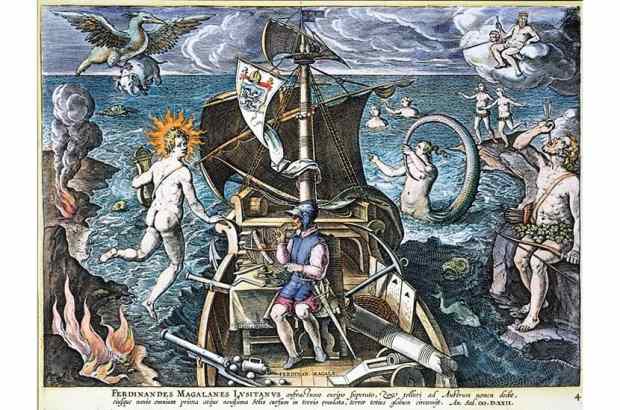Travelling the Indus valley late in the third millennium BC you would have been awed by two Bronze Age megacities, 320 miles apart, ‘massive and tightly planned, very similar in layout’, their bricks and measures standardised, evidence of rigid authority. Their trade goods included Afghan lapis lazuli, Omani vases, legal seals from Sumeria, carnelian beads, packed for dispatch to Sumer — and that is almost all that is left of Harappa and Mohenjo-daro, and more than we know of them.
Already a subscriber? Log in
Subscribe for just $2 a week
Try a month of The Spectator Australia absolutely free and without commitment. Not only that but – if you choose to continue – you’ll pay just $2 a week for your first year.
- Unlimited access to spectator.com.au and app
- The weekly edition on the Spectator Australia app
- Spectator podcasts and newsletters
- Full access to spectator.co.uk
Unlock this article
You might disagree with half of it, but you’ll enjoy reading all of it. Try your first month for free, then just $2 a week for the remainder of your first year.














Comments
Don't miss out
Join the conversation with other Spectator Australia readers. Subscribe to leave a comment.
SUBSCRIBEAlready a subscriber? Log in